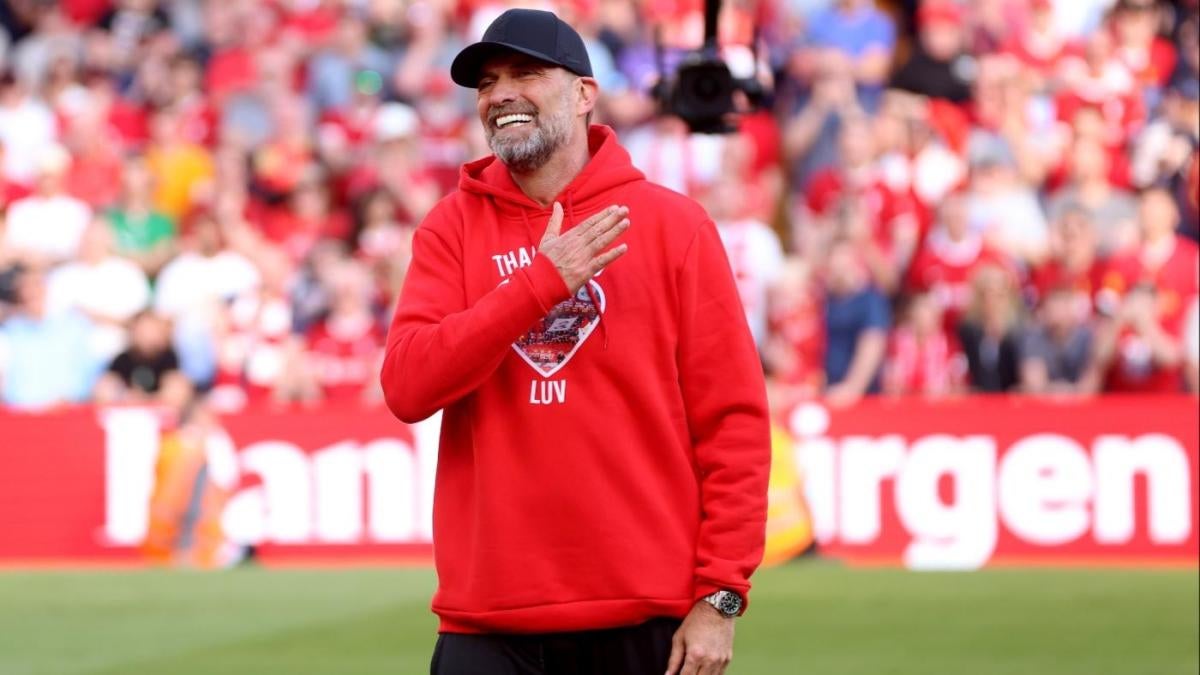Red Bull’s Soccer Empire: A New Era of Talent Development
Red Bull’s foray into soccer has transformed the landscape of the sport, showcasing a model of player and staff development that is both innovative and effective. The Austrian energy drink giant has built an impressive soccer empire, with flagship clubs like RB Leipzig and Red Bull Salzburg leading the charge. This multi-club system has not only thrived in Europe but has also sparked discussions about the future of soccer in a rapidly changing global environment.
The Rise of RB Leipzig
RB Leipzig, established in 2009, has quickly ascended to the upper echelons of German soccer. Competing in the Bundesliga, Leipzig has secured two consecutive DFB Pokal titles and has made its mark in European competitions, including deep runs in both the UEFA Champions League and the Europa League. Their meteoric rise has been attributed to a well-structured approach to player development, scouting, and coaching, which has become a hallmark of Red Bull’s soccer philosophy.
The club’s success has not come without controversy. Critics often label Leipzig as an artificial construct, lacking the traditional roots that many European clubs boast. This sentiment is particularly strong in Germany, where the club’s rapid ascent has raised eyebrows and sparked debates about the integrity of the sport. Nevertheless, Leipzig’s achievements on the pitch have made it difficult for detractors to ignore their impact.
Dominance in Austria: Red Bull Salzburg
Before Leipzig captured the spotlight, Red Bull Salzburg was the crown jewel of Red Bull’s soccer operations. Since its acquisition in 2005, Salzburg has dominated the Austrian Bundesliga, consistently showcasing its prowess in European competitions. While Leipzig may have taken center stage in recent years, Salzburg remains a vital part of Red Bull’s soccer narrative, serving as a breeding ground for talent that often transitions to the German club.
The connection between Salzburg and Leipzig has been expertly curated, with figures like Ralf Rangnick playing pivotal roles in the development of players and coaching staff. This synergy has allowed Red Bull to create a pipeline of talent that flows seamlessly between the two clubs, further solidifying their status as leaders in player development.
Expanding Horizons: Global Ambitions
Red Bull’s ambitions extend beyond Europe, with clubs like New York Red Bulls in Major League Soccer and Red Bull Bragantino in Brazil adding to their global footprint. The recent acquisition of a minority stake in EFL Championship club Leeds United hints at a potential future in the Premier League, while the purchase of Japanese third-tier club Omiya Ardija signals a desire to tap into the Asian market.
In 2024, Red Bull’s sights are set on France, where they are exploring a minority stake in Ligue 2 club Paris FC. This partnership, alongside the Arnault family of LVMH fame, could unlock significant growth potential in Paris, a city rich in soccer talent. The combination of Red Bull’s resources and the Arnault family’s influence presents an exciting opportunity for both clubs.
A Game-Changer: Jurgen Klopp’s Appointment
The most significant development in Red Bull’s soccer narrative came with the announcement of Jurgen Klopp’s appointment as head of global soccer, effective from 2025. Klopp, known for his success at Liverpool and his ability to develop talent on a budget, brings a wealth of experience and insight to the Red Bull organization. His vision for the role is clear: to mentor coaches and management across the Red Bull clubs while leveraging the collective knowledge and resources available.
Klopp’s arrival is a monumental coup for Red Bull, marking a pivotal moment in the organization’s history. His track record of nurturing talent and fostering a competitive spirit aligns perfectly with Red Bull’s ethos, and his leadership could usher in a new era of success for the soccer empire.
The Legitimacy Debate
Despite its successes, Red Bull’s ownership model has faced scrutiny, particularly in Germany. The legitimacy of clubs like RB Leipzig has been questioned, with critics drawing parallels to other clubs that have risen rapidly through financial backing. However, Klopp’s decision to join Red Bull signals a shift in perception. It suggests that the organization has earned its place in the soccer landscape, not just through financial means but through consistent performance and a commitment to developing talent.
The combination of diverse talent pools from Germany, Austria, America, Brazil, England, Japan, and France creates a unique opportunity for Red Bull to thrive. Klopp’s expertise in maximizing potential without relying solely on financial clout positions Red Bull as a formidable player in the global soccer arena.
A Unique Multi-Club Operation
Red Bull’s soccer empire has evolved into one of the most sophisticated multi-club operations in the sport. The organization has refined its structure over the years, creating a seamless network of clubs that share resources, knowledge, and talent. This model not only enhances the development of players and coaches but also fosters a culture of innovation and collaboration.
As Klopp prepares to take the helm, the potential for Red Bull’s soccer empire to reach new heights is palpable. With a clear vision and a commitment to nurturing talent, the organization is poised to redefine what it means to be a successful soccer club in the modern era. The future looks bright for Red Bull, and the soccer world will be watching closely as they continue to push the boundaries of what is possible in the beautiful game.
